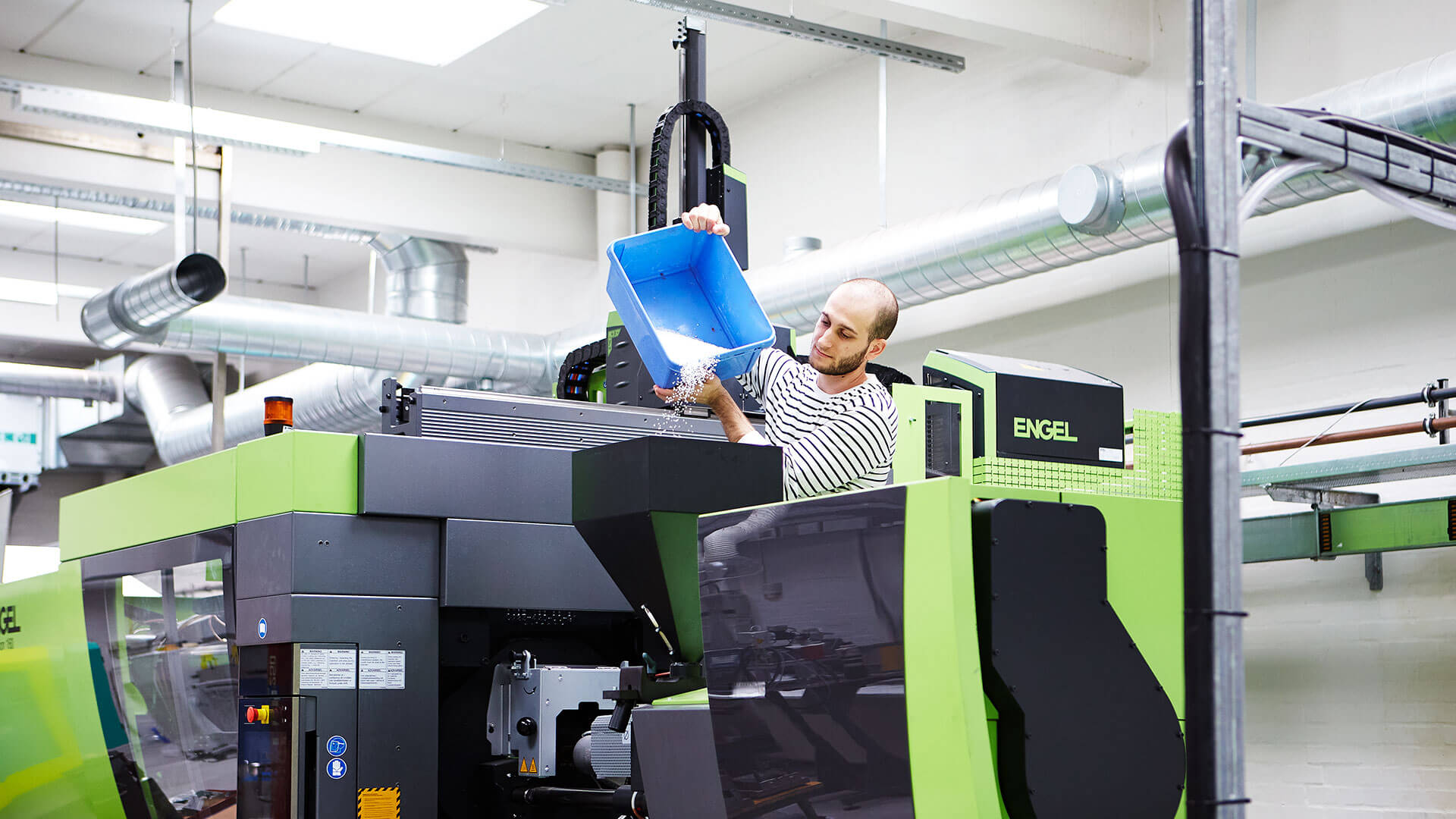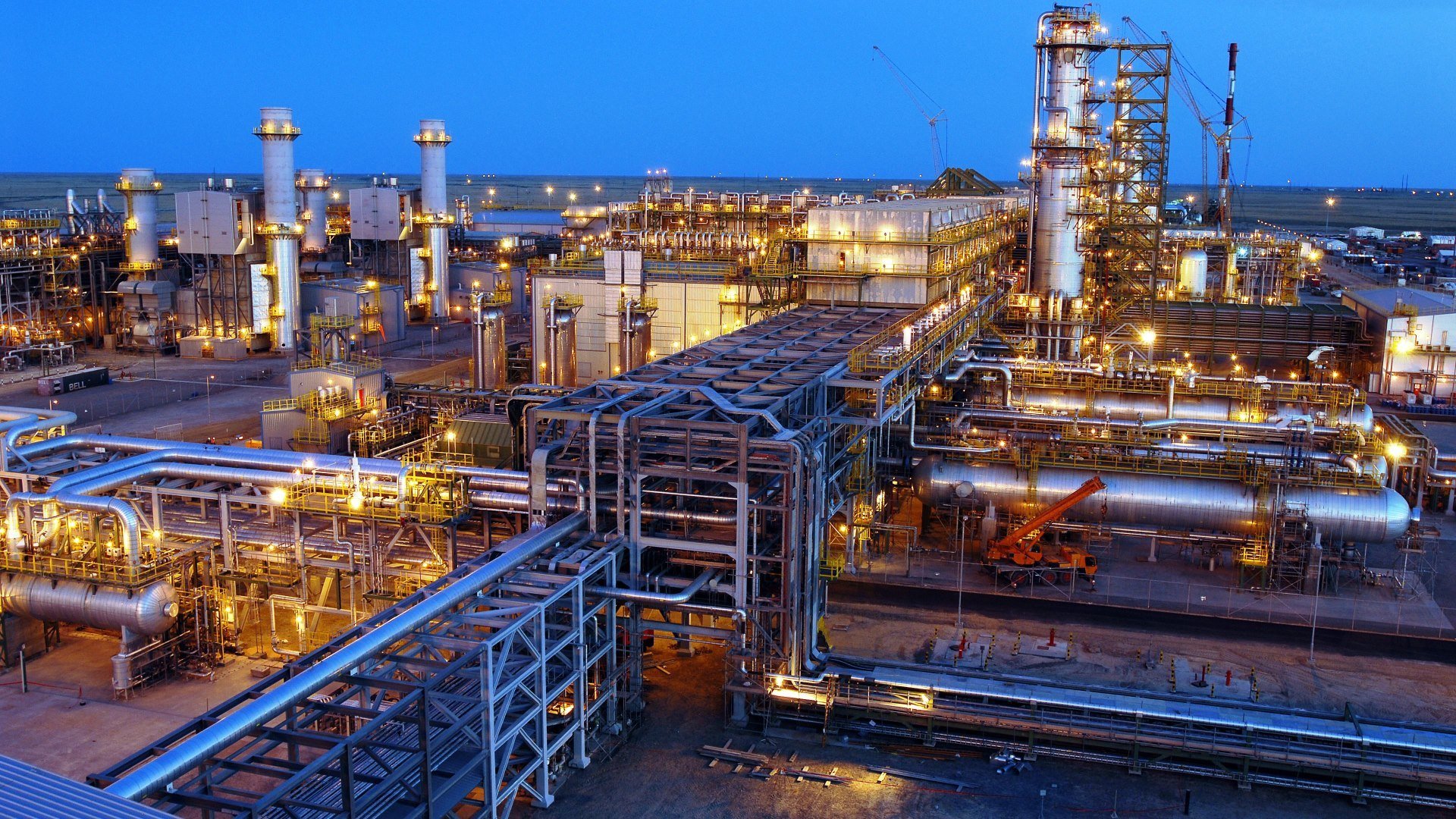
Resource manufacturing encompasses the processes involved in transforming natural resources into usable products. This broad category includes industries that extract raw materials from the Earth, process them, and convert them into valuable commodities.
Key Sectors of Resource Manufacturing:
- Mining: This sector involves the extraction of minerals and other valuable substances from the Earth, such as coal, iron ore, gold, and diamonds. Mining operations range from surface mining to deep underground extraction.
- Forestry: This sector focuses on the harvesting and processing of timber for various uses, including construction, paper production, and fuel. Sustainable forestry practices are crucial for ensuring the long-term health of forests.
- Agriculture: This sector encompasses the cultivation of crops and the raising of livestock for food, feed, fiber, and other products.
- Fishing: This sector involves the harvesting of fish and other seafood from oceans, lakes, and rivers. Sustainable fishing practices are essential to maintain healthy fish populations.
- Energy Production: This sector focuses on the extraction and production of energy sources, including fossil fuels (oil, gas, coal), renewable energy sources (solar, wind, hydro), and nuclear energy.
The Importance of Resource Manufacturing:
- Economic Growth: Resource manufacturing industries play a vital role in driving economic growth by creating jobs and generating revenue.
- Essential Products: These industries provide essential raw materials and resources for a wide range of industries, from manufacturing and construction to energy production and consumer goods.
- Technological Advancement: Advancements in resource extraction and processing technologies have played a crucial role in driving technological progress throughout human history.
Challenges and Considerations:
- Environmental Impact: Many resource extraction activities can have significant environmental impacts, including habitat destruction, pollution, and climate change.
- Sustainability: Ensuring the sustainable use of natural resources is crucial for long-term environmental and economic well-being. This requires adopting responsible extraction practices, minimizing environmental impact, and developing alternative and renewable resources.
- Social and Economic Impacts: Resource extraction activities can have significant social and economic impacts on local communities, including job creation, economic development, and potential displacement.
Resource manufacturing is a critical sector that provides the foundation for many other industries. By addressing the environmental, social, and economic challenges associated with resource extraction and processing, we can ensure a sustainable future for both people and the planet.





